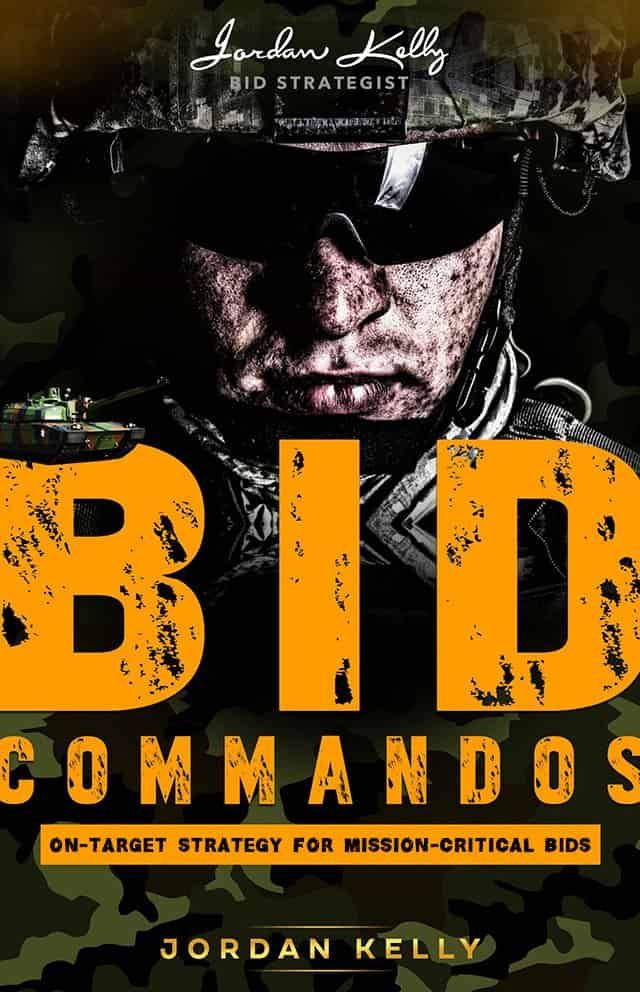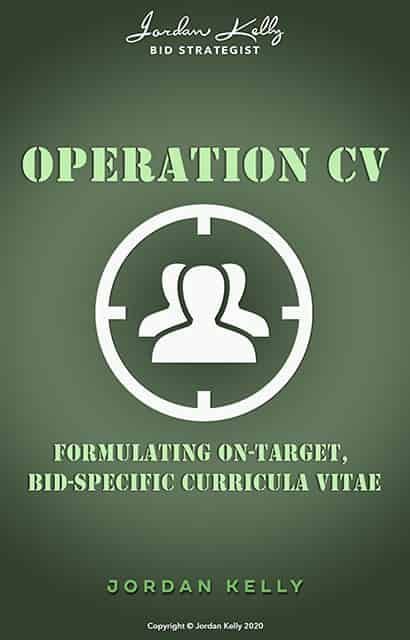CATEGORIES:

With more and more non-price-based tender formats hitting the civil engineering marketplace (as when the Australian government sector’s Market-Led Proposals / "MLPs" format was released), the pressure is on to ensure delivery team members’ Curricula Vitae garner maximum points on the evaluators’ score sheet.
So why are the vast majority of organisations insistent on placing such low priority on this critical bid-supporting mechanism? Why are they relying on woefully generic, multi-purposed CVs . . . when a superior performance in this central component of their submission stands to catapult them streets ahead of the competition?
The Issues
Let’s look at some of the problems and then some of the potential solutions, and let’s take – as a case study – one of the toughest industries in which to create differentiation between key personnel.
In civil engineering’s major projects sector, players fish in the same (often international) pool of talent for their key personnel. They compete fiercely with each other for the “best” people for a project.
Below are some of the problems that sector faces as they pertain to the production of bid-supporting Curricula Vitae.
Being Forced to Hire Without Certainty
In a high-profile Government-funded major infrastructure project that relies on the strategic selection and offering up of key personnel, industry players are forced to seek out expertise (both at the hands-on project management level and also at more the academic, oversight level) that relates as closely as possible to the key characteristics of the contract in question.
That expertise doesn’t come cheap. And it certainly doesn’t come cheap when there’s a pre-bid bidding war for the same talent.
If a company manages to secure the crème de la crème, specific talent they want to arm themselves with to bolster the smarts in their project delivery teams, they then have a real pressure to win the bid.
No savvy construction or design company wants someone earning that sort of salary sitting around idle. (It’s also demoralising for the talent they hired in, who would have been looking forward to adding the prestige of that particular project to his or her personal CV.)
It All Happens Too Late
One of the issues closely related to this scenario is that, ironically, the competitive run on the targeted talent happens late in the bid process . . . meaning that CVs are often the last components off the submission production line.
And we all know how much time is left for the last components off the submission production line.
That’s one of the primary reasons the opportunity to highlight the intensely advantageous, highly relevant strengths of such key personnel is let go to waste.
Here are some of the other reasons:
- Multi-Purposing of Curricula Vitae Creates Generic Blah
The CV owners (i.e. the key personnel themselves) are asked to furnish their existing CVs, which will then be given a bit of an edit – or a “massage into shape” – by a generic “bid writer” or someone playing the role of editor.
No-one actually interviews these key assets . . . or if they do, they don’t drill down deeply enough to flush out the most project-specific strengths of this particular asset, and why those strengths matter so much to the project’s success.
Together with the above scenario, this is the No. 1 reason for the half-baked, non-compelling, unconvincing examples of thinly-veiled multi-purposed, generic boredom-in-print currently submitted in most organisations’ bid documentation.
Every item below has its roots in the above.
- Poor Bid Strategy Processes Result in A Lack of Guidance
The bid’s strategy development processes have either failed to fully identify, or capture and communicate, the client’s and the project’s most immediately pressing pain points, fears, desires, limitations, sensitivities and so on . . . such that the most relevant skills and strengths (other than simply the technical) of the CV owner can be compellingly presented.
- The Whole Has Not Been Presented As ‘Greater than the Sum of its Parts’
In yet a further wasted opportunity, the CVs of the individual personnel aren’t taken as a “whole”.
Where personnel have been asked to largely author their own CVs, it goes without saying that these will have been produced in a vacuum.
The “1 + 1 + 1 = 7” opportunity otherwise afforded by producing the CVs as a whole, and the team and its collective strengths and skills as a holistic solution, has been completely wasted.
- Lack of Interest by (Some, Not All) CV Owners
(Sometimes being the case and sometimes not) CV owners are more focused on getting on with the project and doing what engineers and construction project managers do . . . which, by preference, would not include writing CVs and other bid-related activities. These are neither their strong suit nor their interest.
Consequently, even when a professional writer is involved in the production of a CV, the time and focus that is nonetheless a required contribution to a successful output, is just not there on the part of the individual in question.
(Again, please note that this final point doesn’t apply to all CV holders; only some. But when you’re relying on milking every last point out of the evaluation team for the collective of your CVs, one lukewarm CV is one too many.)
If you want to make a quantum leap in the quality of this vital component of your submissions, avail your team of my course, ‘Operation CV: Formulating On-Target, Bid-Specific Curricula Vitae’ - coming soon.
It’s for bid strategists, bid managers, bid writers and editors, and subject matter experts and other specialists within the delivery team . . . along with anyone else who wants to acquire mission-critical insights and skills like:
- How to identify the skills and strengths the prospective client organisation will value most highly.
- How to closely align the CV owner’s experience and strengths with the prospect organisation’s / procurement agency’s hot buttons.
- How to formulate CVs (both individually and as a consistently themed, content co-ordinated collective) to mitigate the client’s fears / perceived risks / concerns.
- What activities to conduct, in order to ensure the production of solid, detailed and purpose-specific CVs.
- How the bid manager can inspire the enthusiastic and diligent input of CV owners.
- How to demonstrate the logic behind each CV owner’s inclusion in the delivery team.
- How to edit to ensure strategic value and maximum point-scoring potential in the face of tight word count constraints.
And a whole lot more.
OPERATION CV
Formulating On-Target, Bid-Specific Curricula Vitae
(Training Program)
OPERATION CV will instill in your people the ability to produce project/contract/bid-specific Curricula Vitae that flush out and compellingly align your team's individual and collective strengths with the client's needs and challenges . . . optimising your submission's potential in this critical point-scoring category.
COMING SOON
BID COMMANDOS
On-Target Strategy for Mission-Critical Bids

(Training Program)
BID COMMANDOS is my "blockbuster", comprehensive, 11-module training program.
It's intricately formulated to ensure your team excels at every stage of a formal bidding process . . . from the initial bid/no bid analysis, through research and intelligence-gathering, through the strategy development and documentation process, through strategic and compelling writing and competent editing, and on through the shortlistee presentation stage, right through to optimisation of client de-briefing session/s.



